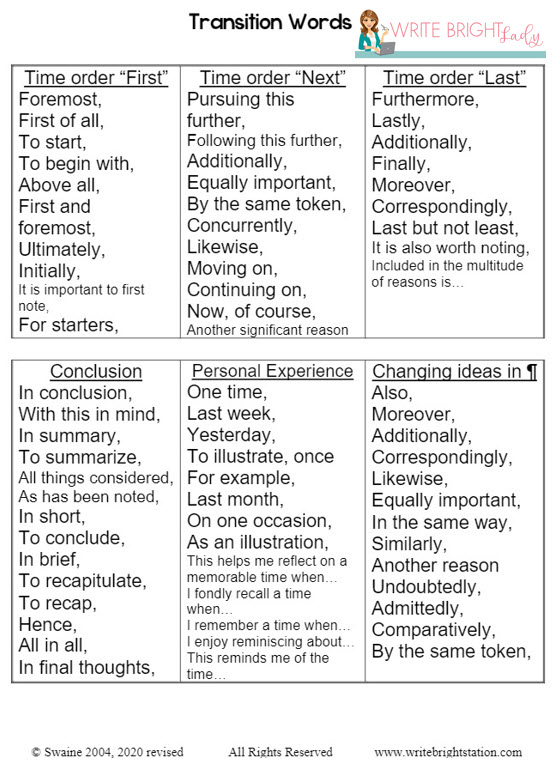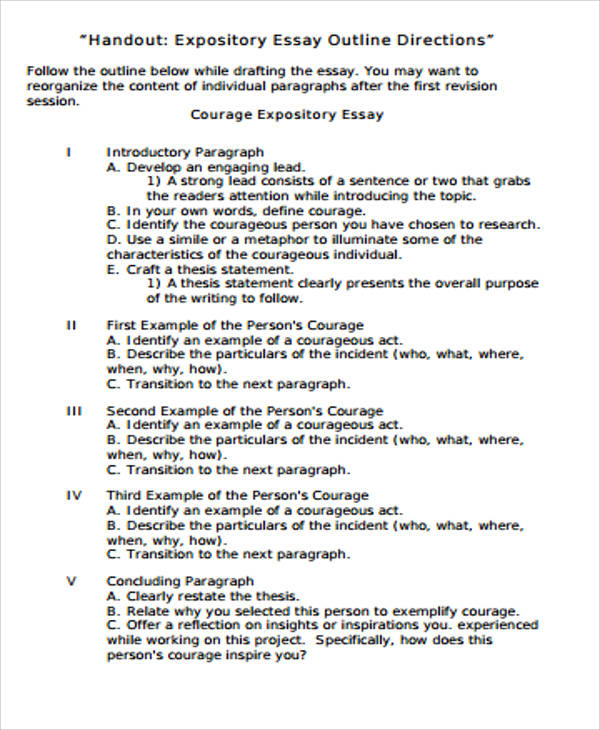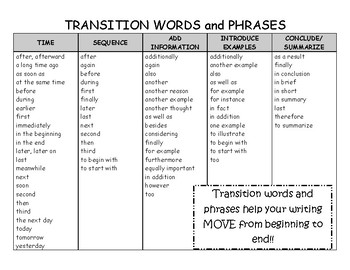Expository writing is a type of writing that is used to explain, inform, or describe a concept or idea. It is often used in academic writing, as well as in business and technical writing. One important aspect of expository writing is the use of transition words and phrases, which help to create coherence and flow in the writing.
Transition words and phrases are words or phrases that signal a connection between two ideas or parts of a sentence. They help to provide a logical structure to the writing and make it easier for the reader to understand the main points being presented. Some common transition words and phrases include "however," "although," "on the other hand," "furthermore," "nevertheless," and "in addition."
There are several ways that transition words and phrases can be used in expository writing. One way is to indicate a contrast or contradiction between two ideas. For example, "Although the evidence seems to support the theory, there are still some questions that need to be answered." In this sentence, the transition word "although" signals a contrast between the evidence and the questions that need to be answered.
Another way that transition words and phrases can be used is to indicate a cause and effect relationship. For example, "The company's profits increased significantly because they implemented a new marketing strategy." In this sentence, the transition phrase "because" signals a cause and effect relationship between the company's profits and the new marketing strategy.
Transition words and phrases can also be used to indicate a sequence of events or a list of items. For example, "First, we need to gather the necessary materials. Next, we will begin the experimentation process. Finally, we will analyze the results." In this sentence, the transition words "first," "next," and "finally" indicate a sequence of events.
In addition to these uses, transition words and phrases can also be used to indicate a similarity or comparison between two ideas. For example, "The new product is similar to the old product in many ways, but it also has some notable improvements." In this sentence, the transition word "but" indicates a comparison between the new product and the old product.
Overall, transition words and phrases are an important aspect of expository writing. They help to create coherence and flow in the writing and make it easier for the reader to understand the main points being presented. By using transition words and phrases effectively, writers can create clear and logical expository writing that is easy for readers to follow.






